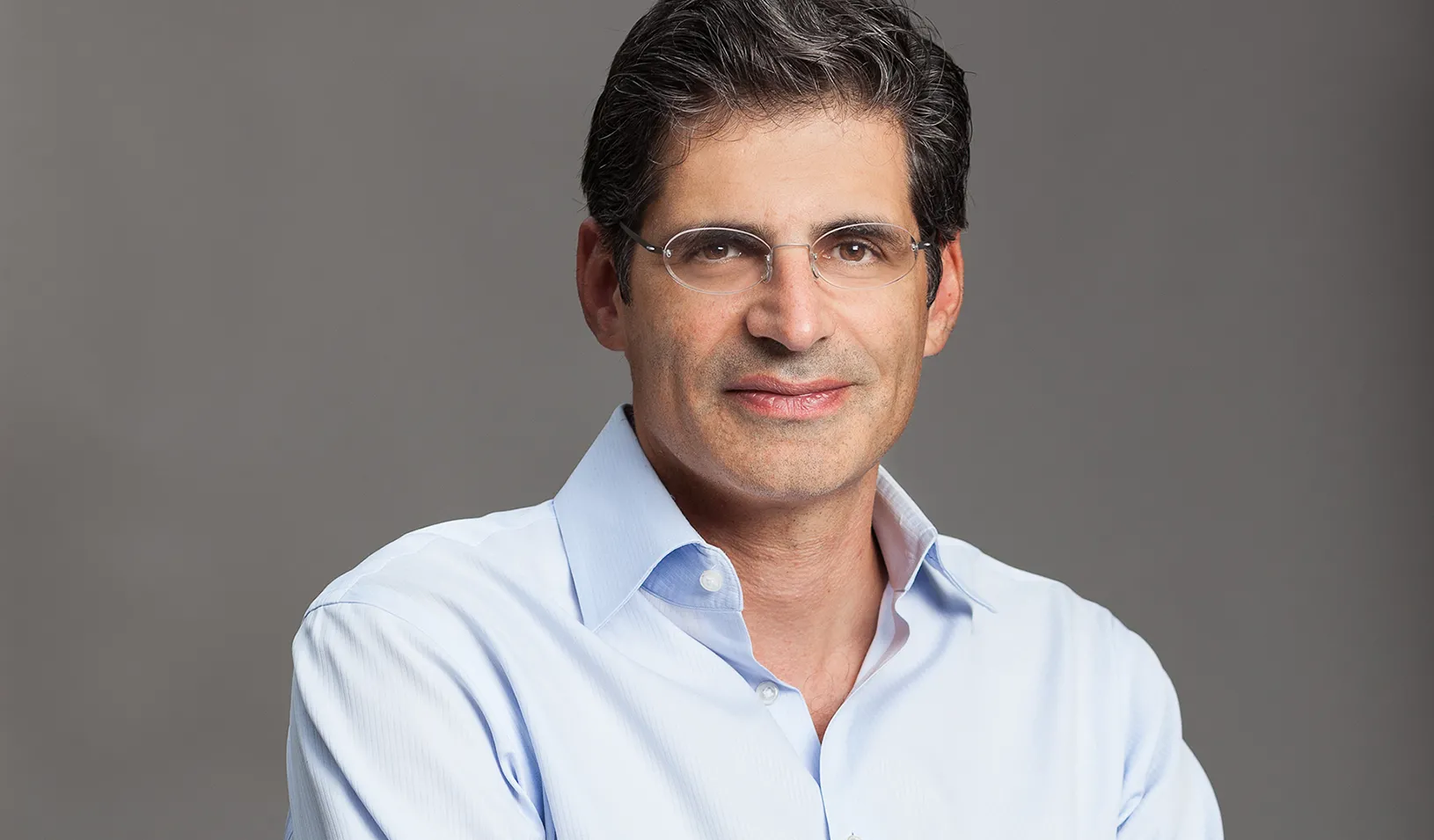June 30, 2015
| by Erika Brown EkielJosh Becker is CEO of Lex Machina, which provides legal analytics data and software to law firms, corporations, and other organizations. Becker has held multiple roles as an entrepreneur, investor, deal maker, politician, and community builder in Washington, D.C., and Silicon Valley. He is a 1998 JD/MBA graduate of Stanford University. He shares his thoughts on flexibility, delegation, and the power of networks.
In 10 words or fewer, what is the big idea behind your business?
Bringing openness, transparency, and big data to law.
What is the best advice you’ve ever received?
Robert Siegel of XSeed Capital is one of our investors. He also teaches at the business school. He told me to make mistakes through action rather than inaction.
What advice would you give other entrepreneurs on how to build a great business?
You need a sense of flexibility and an openness to adjusting on the fly. Most of the successful businesses I’ve been involved with have changed over the course of the venture. You have to keep trying until you find the big opportunity.
If there was one thing that has enabled you to be successful as an entrepreneur, what would it be?
The ability to trust people and delegate. At a startup there is always so much to get done. If the entrepreneur becomes a bottleneck by having to weigh in on everything, that startup will not be able to move as fast.
What inspires you?
Other entrepreneurs in the private and nonprofit sectors. People who inspire a sense of mission in others.
What values are important to you in business?
I want to do business with people who have high integrity. Life is too short to do otherwise. At our company we’re looking for people who are passionate about what they are doing. People who are problem solvers, people who accept responsibility, people who take action.
What impact would you like to have on the world?
I’m attracted to mission-driven companies. At Lex Machina, we think openness in law leads to more justice. We started in patent litigation and ultimately we will get to criminal law. Right now there is no transparency in our legal system in terms of how certain judges behave, which attorneys are better for certain kinds of cases, or how the opposing party behaves. As a result, things cost more and take longer. Information levels the playing field. We democratize access to information and we enable a better outcome and more justice.
Why are you an entrepreneur?
There is something extremely fun about building a team and tackling something together. I rowed in high school and college. When you row, eight of you are unified as one, gliding against the water. If anyone is off, the boat is shaky. There is no better feeling than when you are on a team and everyone is clicking.
What was your first paying job?
In the summer after graduating college, I went door-to-door canvassing for public interest research groups. It was a valuable experience, getting doors slammed in your face, then collecting yourself and trying again. You learn to keep going, put the last door behind you, and try again. It’s a lot like fundraising. You have to have a positive attitude. In our first round of fundraising at Lex Machina, we had at least 20 investors turn us down. Each time you try a different approach. Maybe you start different, maybe you end different. You keep going until something works.
What is the best business book you have read?
First Things First by Stephen Covey. Being a CEO requires goal setting and prioritization. Most startups die from indigestion, not starvation. I do an exercise every week with a friend of mine. At 8:30 every Sunday we got through our “first things first” things for the week. We put it on a spreadsheet and we are accountable to each other. Each week we check in to see how we did against our previous week’s goals and set new goals for the following week. In addition to work, I pick one or two things to do with my wife and my kids that will be special. I’ve been doing this for six years. Setting aside time in your calendar to stop, reflect, and plan is really important.
What businessperson do you most admire?
Sheryl Sandberg and Reid Hoffman. They are both fantastic business leaders who also take time to lead and inspire on social issues they care about. For Sheryl, I’m always amazed at how she gets so much done. She leads a massive company and still has time to respond to people’s emails. Reid, I admire for his wisdom. You never leave a conversation with Reid without at least a few very powerful insights. He has a rare understanding of human nature and the power of networks.
What is the most valuable thing you took away from your time at Stanford?
The business school course known as Touchy Feely. The practice of giving and receiving positive and negative feedback. I use it almost every day.
What do you think is the greatest innovation in the past decade?
The suitcase with four wheels instead of two wheels.
For media inquiries, visit the Newsroom.






